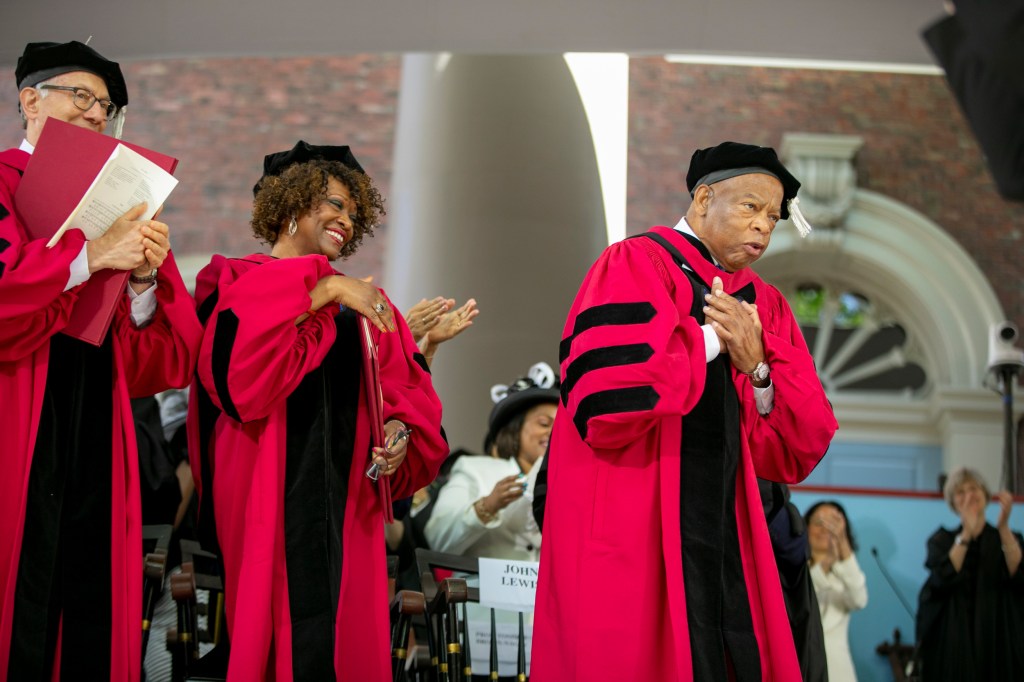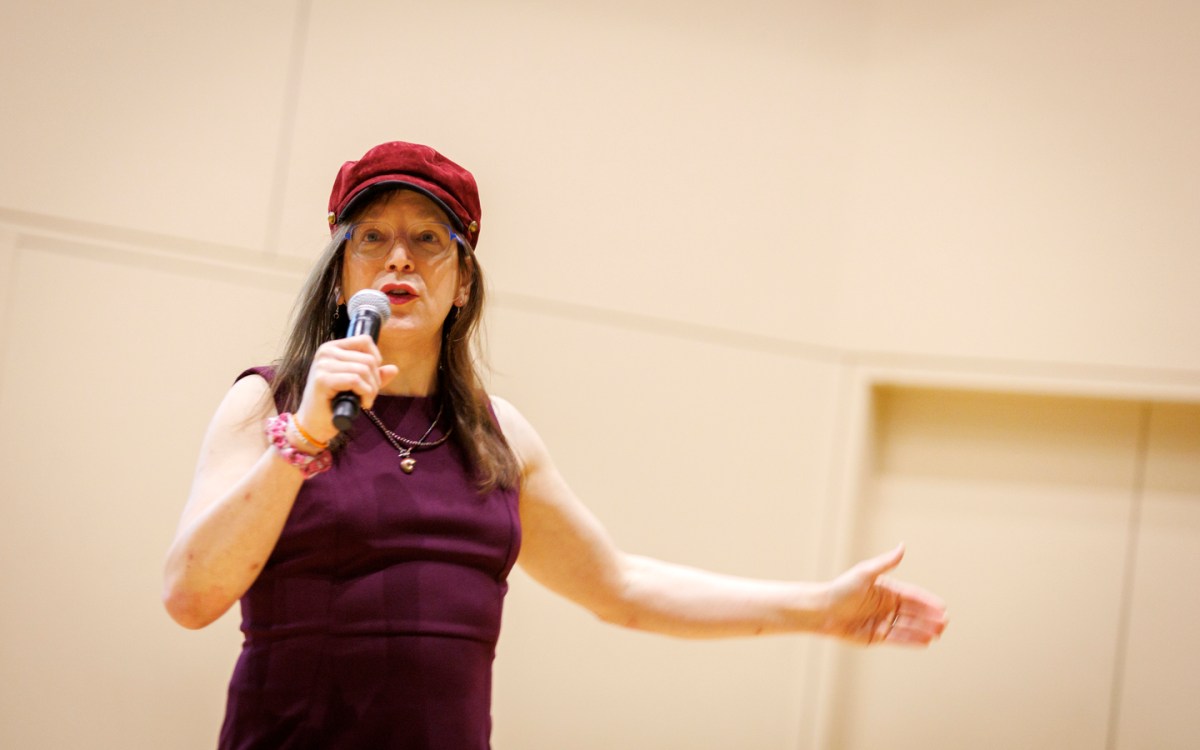Nation & World
-
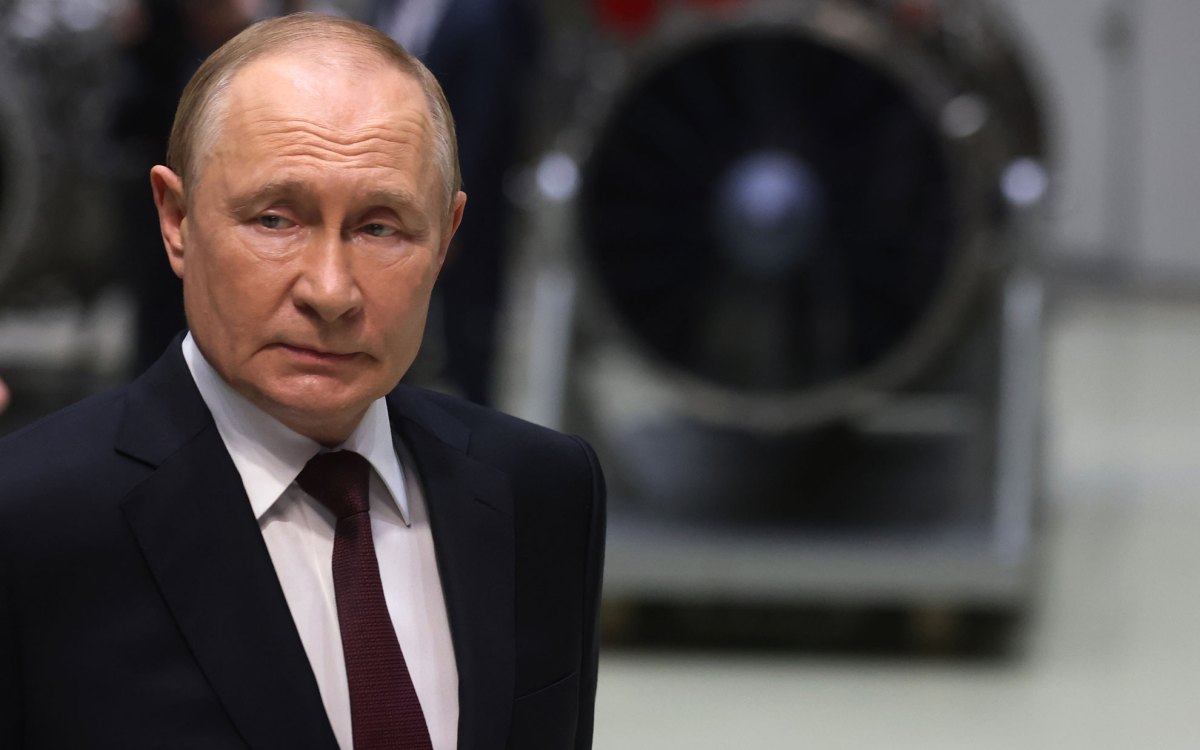
Putin doesn’t care what we think
Journalists Baker and Glasser explore how Russian leader has interpreted, defied ambitions of U.S. leaders
-
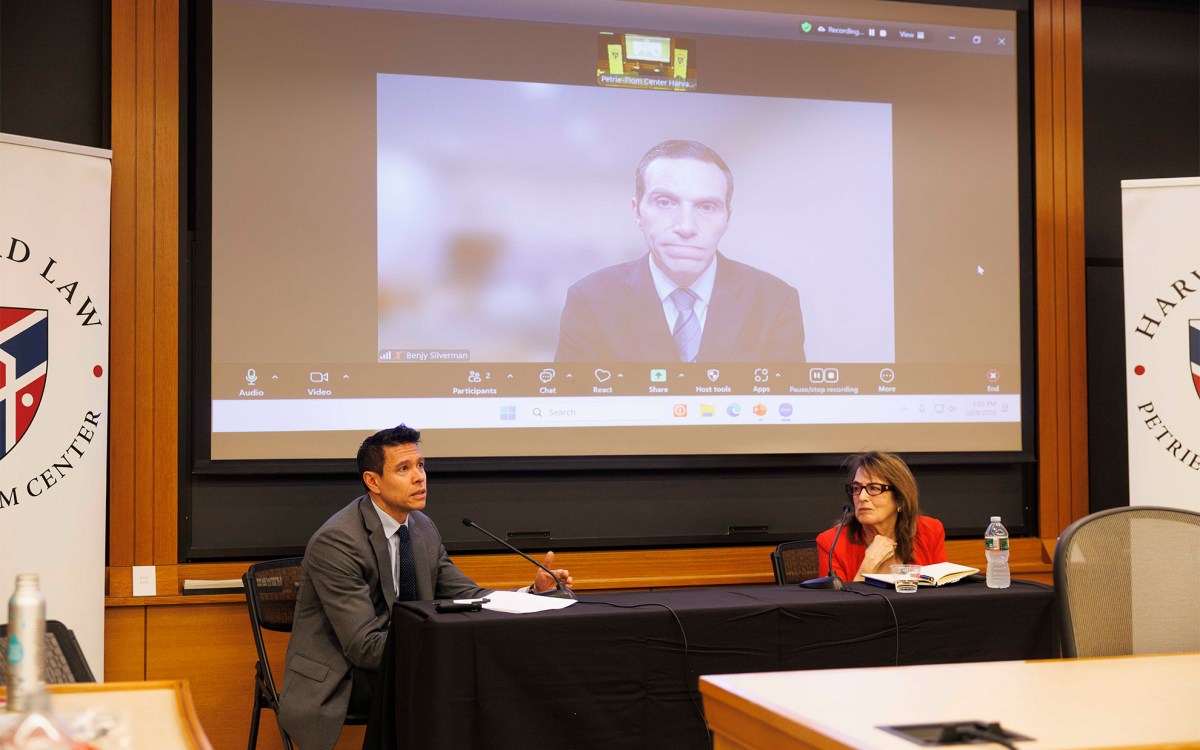
Time for mandatory retirement ages for lawmakers, judges, presidents?
Americans seem to mostly say yes; legal, medical scholars point to complexities of setting limits
-
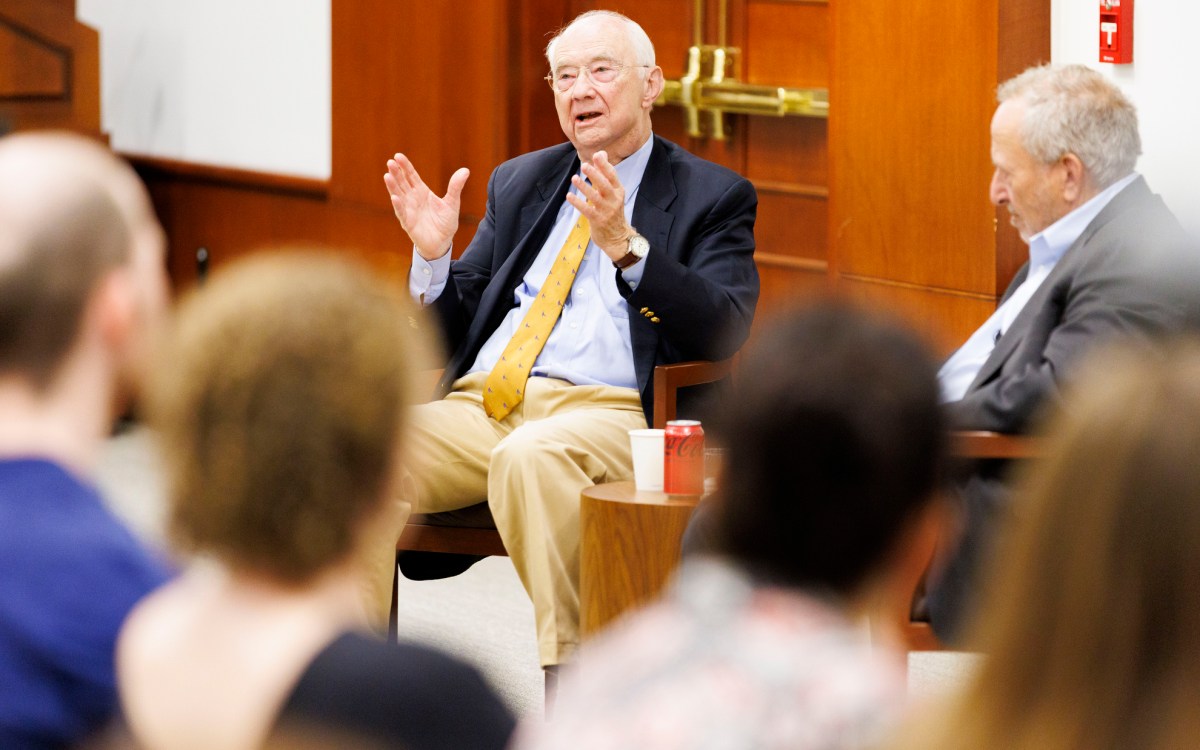
Rebutting ‘myths of inequality’
Former veteran legislator, economist Phil Gramm argues unequal distribution of wealth inevitable; policy to engineer level playing field is mistake
-

U.S. needs to keep its friends closer, Pence says
First-term Trump VP: ‘If America isn’t leading the free world, the free world is not being led.’
-

‘Vibes or hunches’ don’t help win elections
Political analytics conference convenes experts on voter trends, election forecasting, behavioral research
-

U.S. just didn’t get China, Bolton says
Asian nation now main economic, military threat to Western democracies, according to former national security adviser
-
The life and legacy of RBG
As the country mourns the death of U.S. Supreme Court Associate Justice Ruth Bader Ginsburg, who died Friday at 87, the Gazette asked members of the Harvard community to reflect on her legacy.
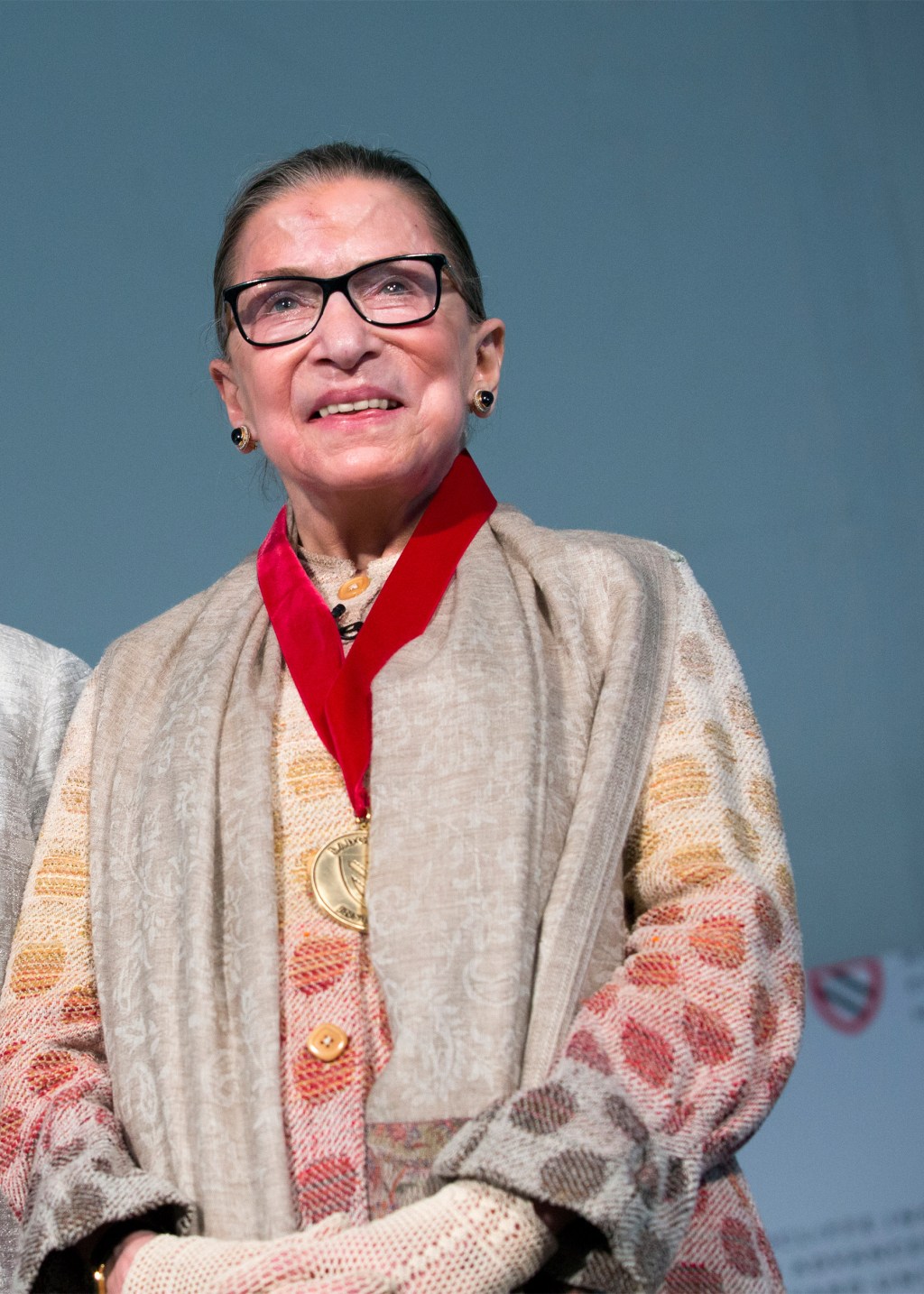
-
Getting out the vote
Tova Wang spoke with the Gazette about how young Americans can get political leaders to listen to them and persuade cynical friends or family members that every ballot matters.
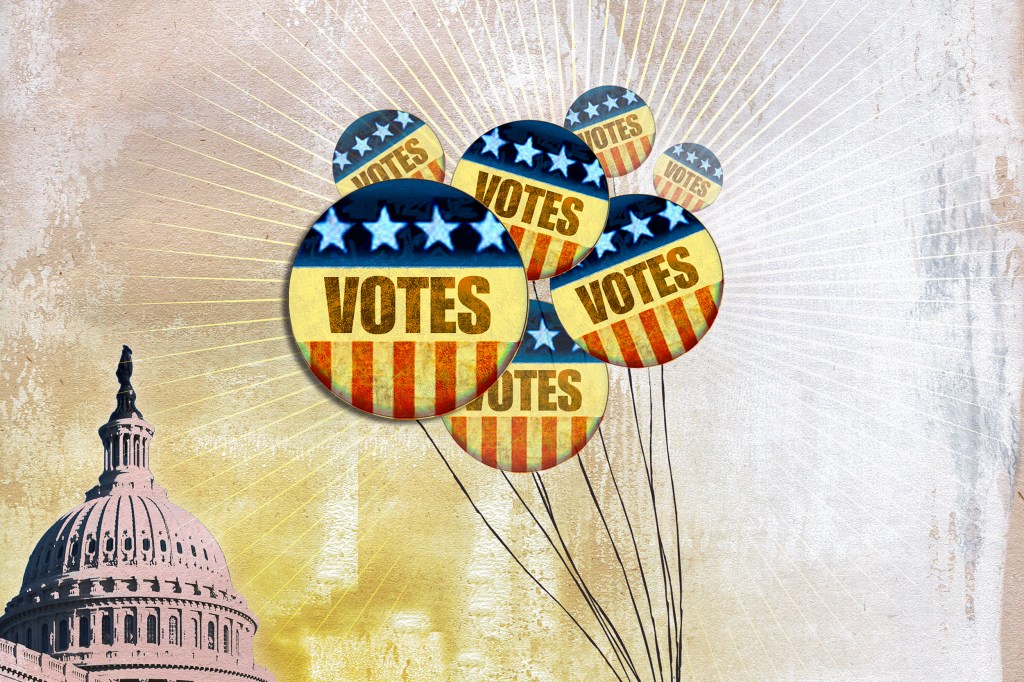
-
Appeals court hears arguments in admissions case
A three-judge panel heard oral arguments Wednesday in the appeal of a ruling last fall that found Harvard’s admissions policies do not discriminate on the basis of race.
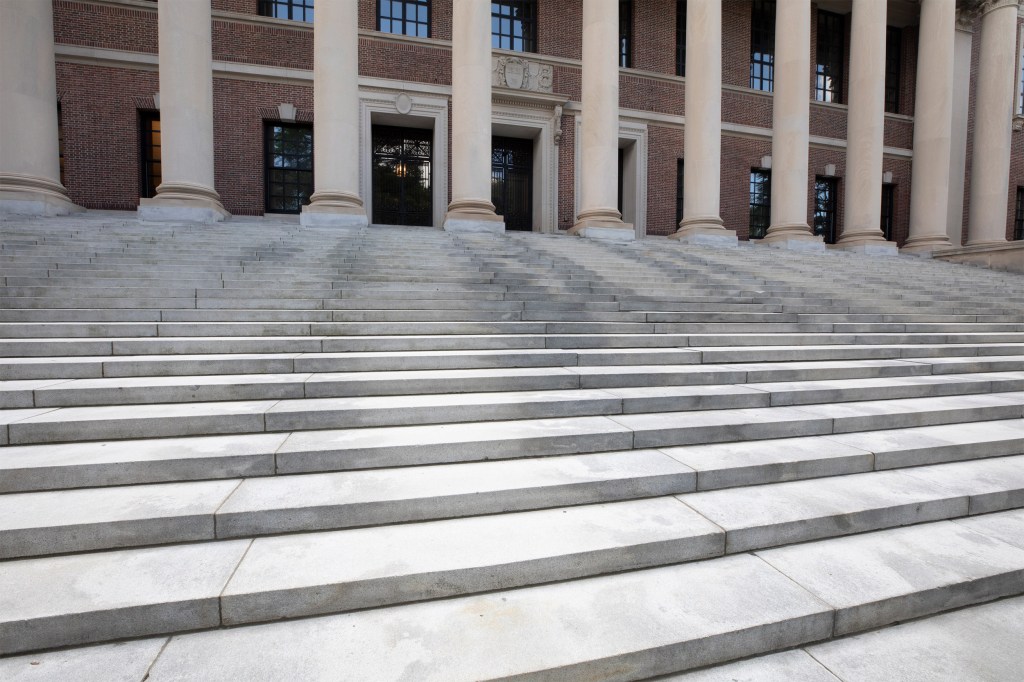
-
Science and citizenship
Over the course of 10 weeks this summer, Harvard Medical School graduate students spent their time outside of the lab working at the Massachusetts State House as fellows in the Scientific Citizenship Initiative.
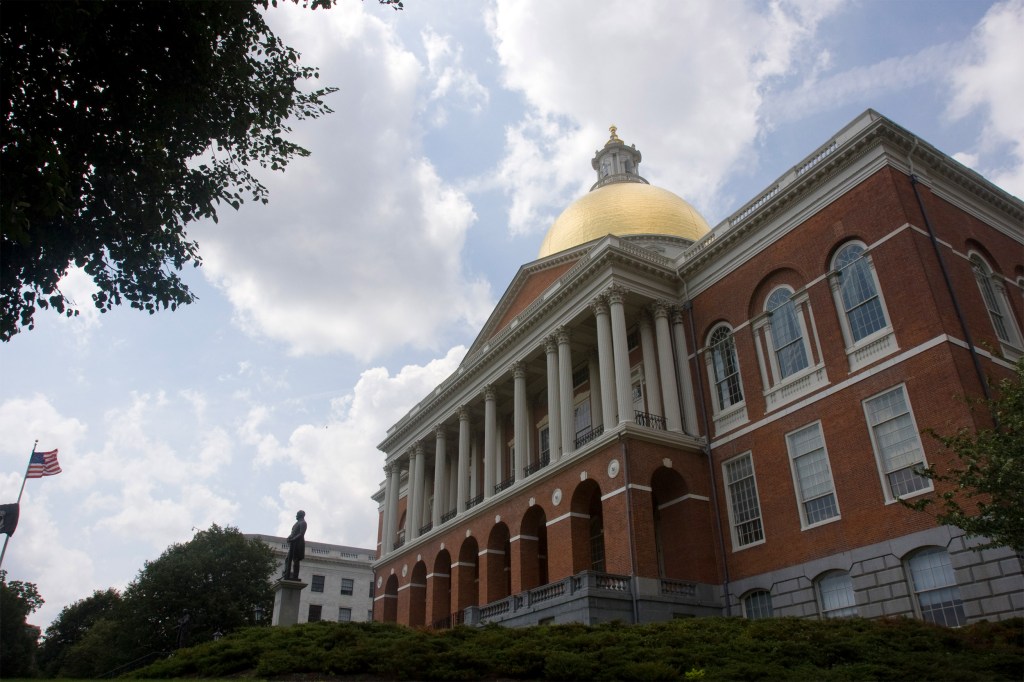
-
In this election, ‘costly signal deployment’
As the 2020 presidential campaign rhetoric heats up, Harvard experimental psychologist Joshua D. Greene, who studies the science behind tribal instincts and moral judgments, looks at the strategy behind President Trump’s increasingly provocative, extreme language.
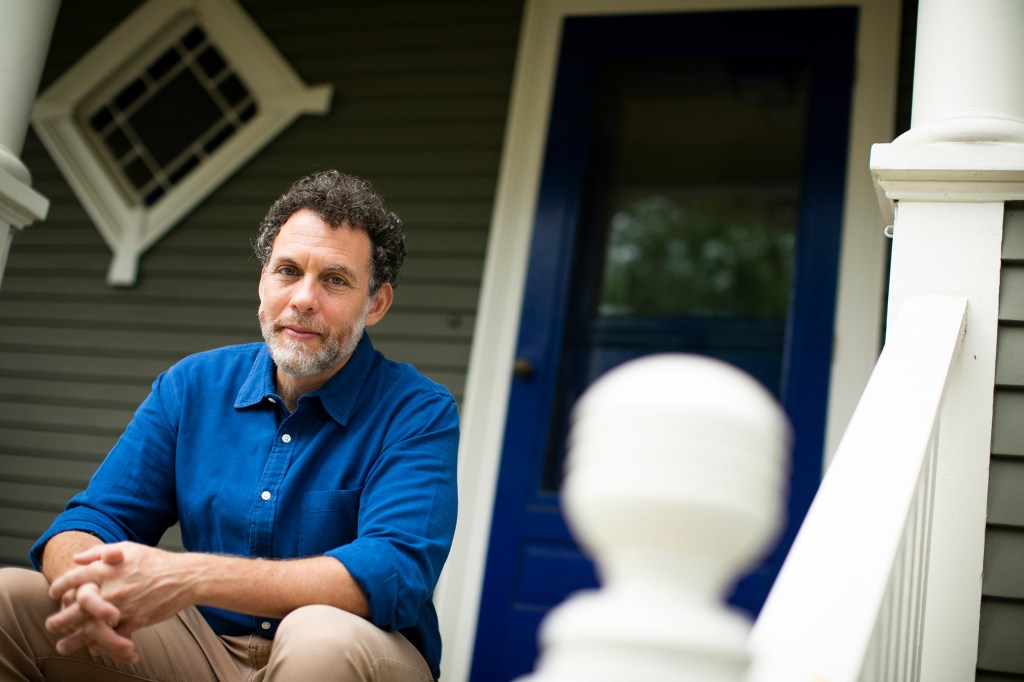
-
Report finds fathers feel closer to children during pandemic
Recent Harvard research has uncovered one significant — if perhaps fleeting — silver lining for fathers and children during the coronavirus pandemic. Fathers across the U.S., many of whom now work at home due to coronavirus lockdowns, are feeling closer to their children.
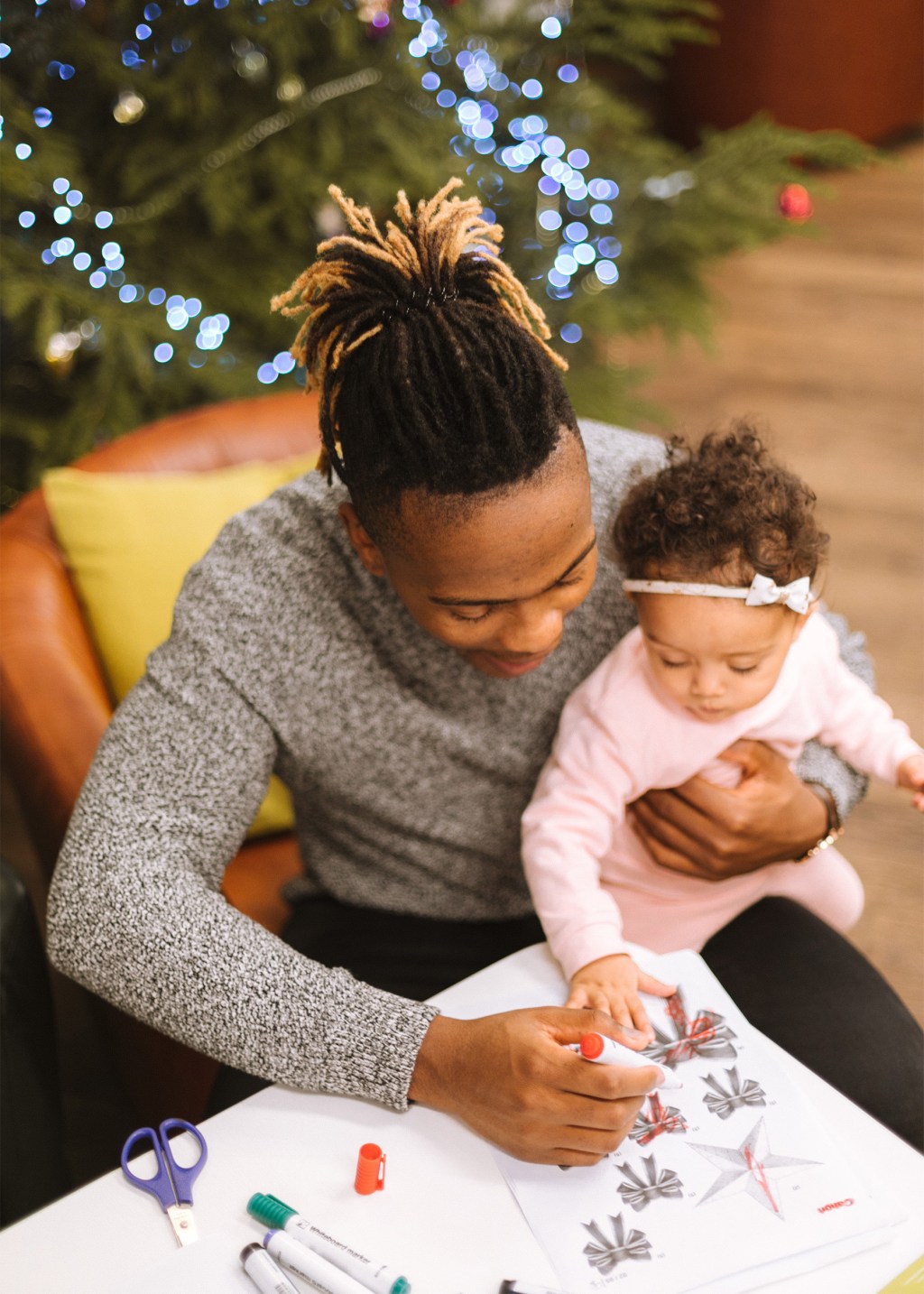
-
Dissecting racial disparities in Mass. criminal justice system
Brook Hopkins and Felix Owusu are two of the authors on a report on racial disparities in Massachusetts state prisons
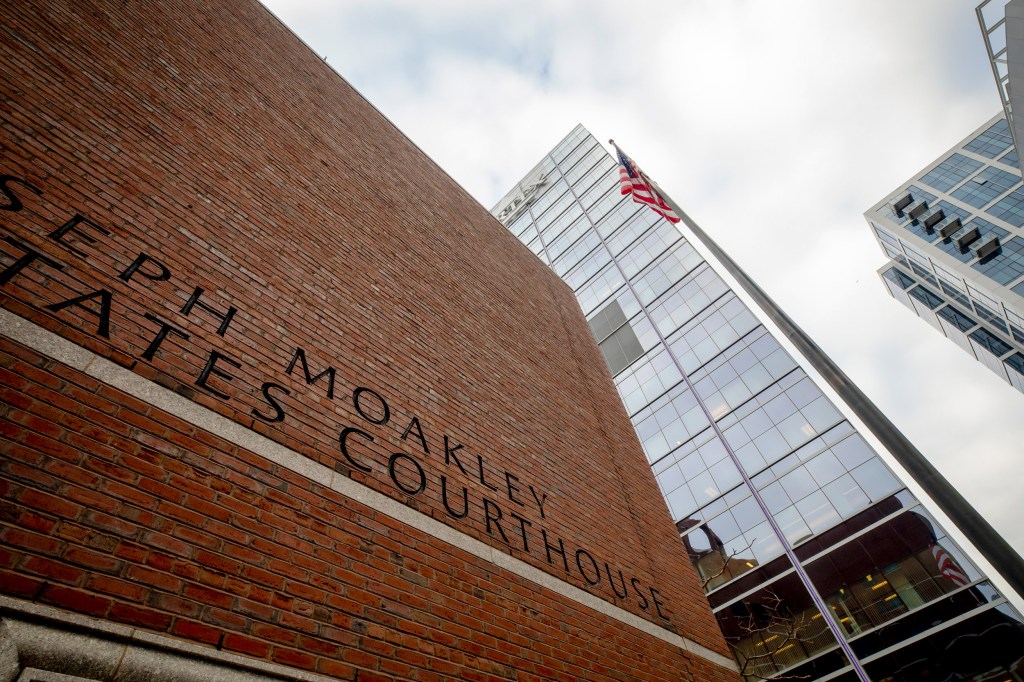
-
Helping teachers and principals confront their own racism
Interview with Sarah Fiarman and Tracey Benson, former school principals and HGSE graduates, who co-wrote “Unconscious Bias in Schools: A Developmental Approach to Exploring Race and Racism” to help teachers and school leaders start conversations about race in schools.
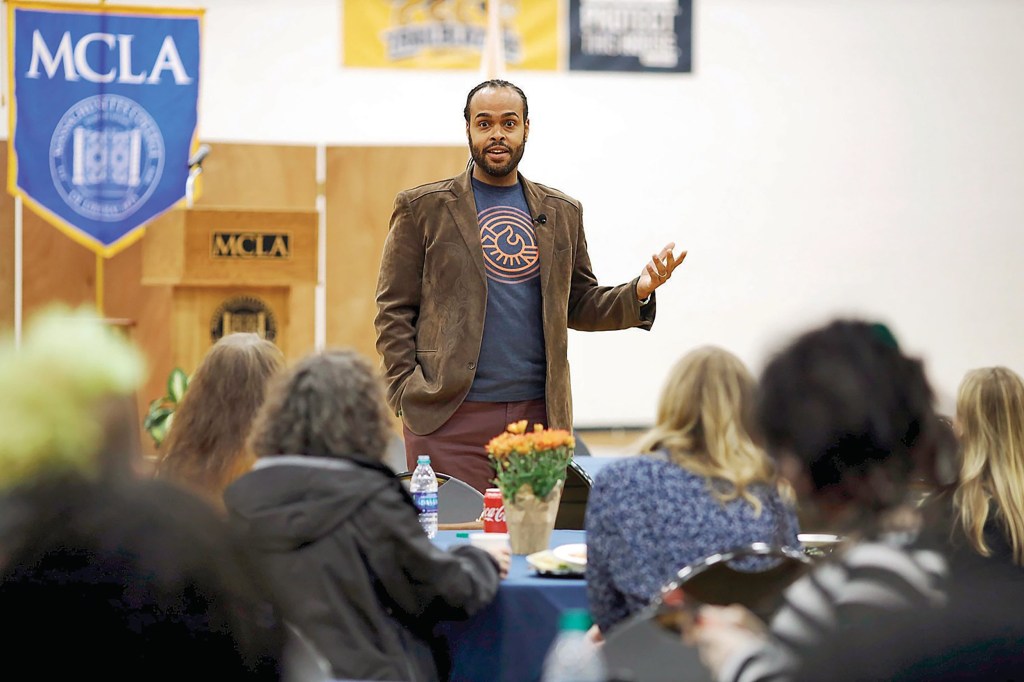
-
Why some Americans refuse to social distance and wear masks
Michael Sandel offers up his thoughts on what we owe others in the age of coronavirus.
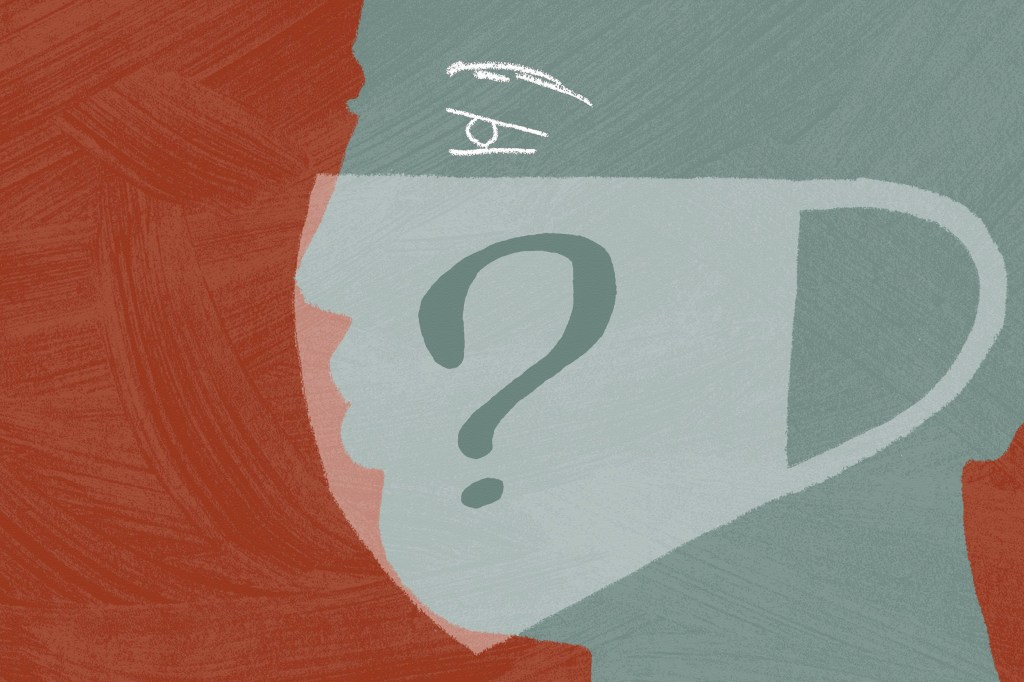
-
Crowd-sourcing the story of a people
Tiya Miles, a professor of history and Radcliffe Alumnae Professor at the Radcliffe Institute for Advanced Study, spoke to the Gazette about the vital role of public history in shaping American cultural understanding.
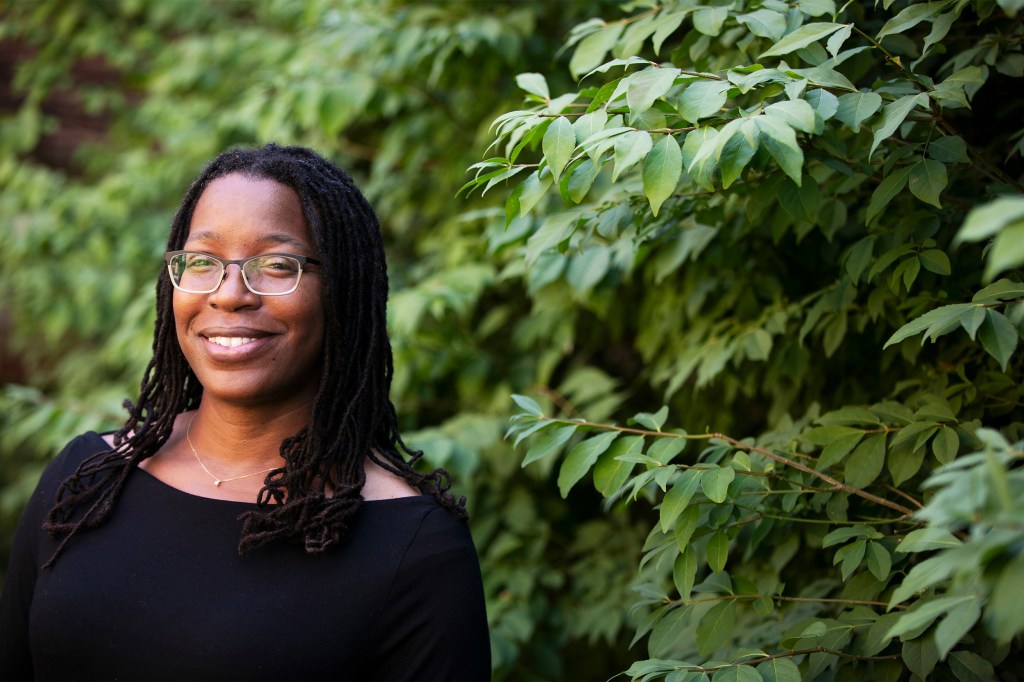
-
Defining a centennial
A panel discussed the political experiences of Black women in the years between the ratification of the 19th Amendment and the Voting Rights Act of 1965.
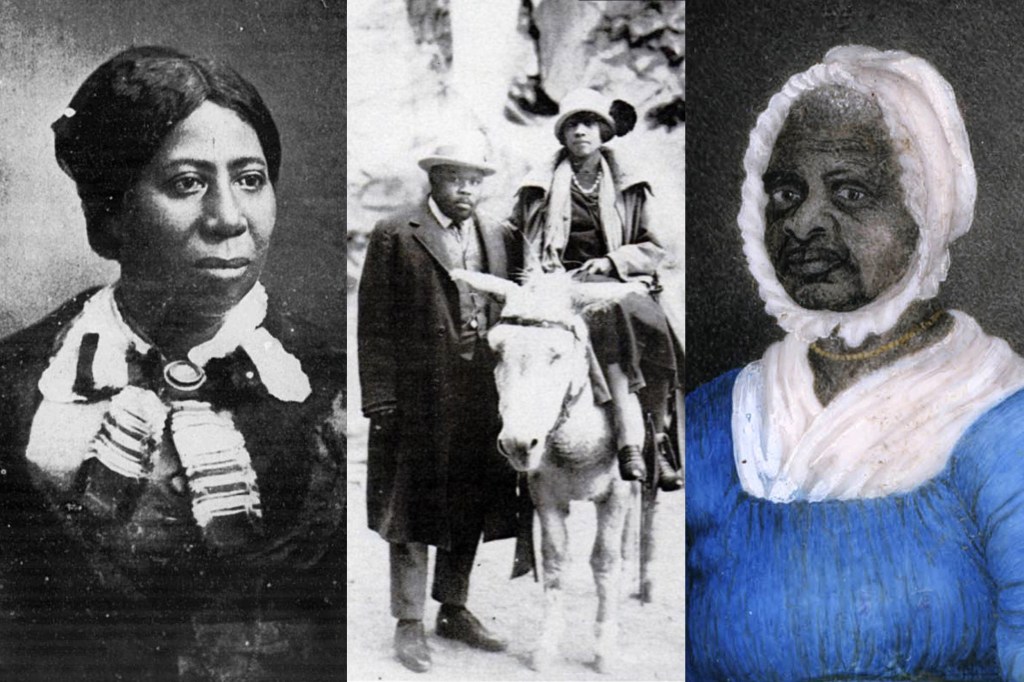
-
How rape culture shapes whether a survivor is believed
New political science research from Harvard Kennedy School faculty and alumna finds that rape culture bias not only is real, but it shapes how people determine what a believable case looks like, who is likely a victim, and in what circumstances rape is less likely to take place.
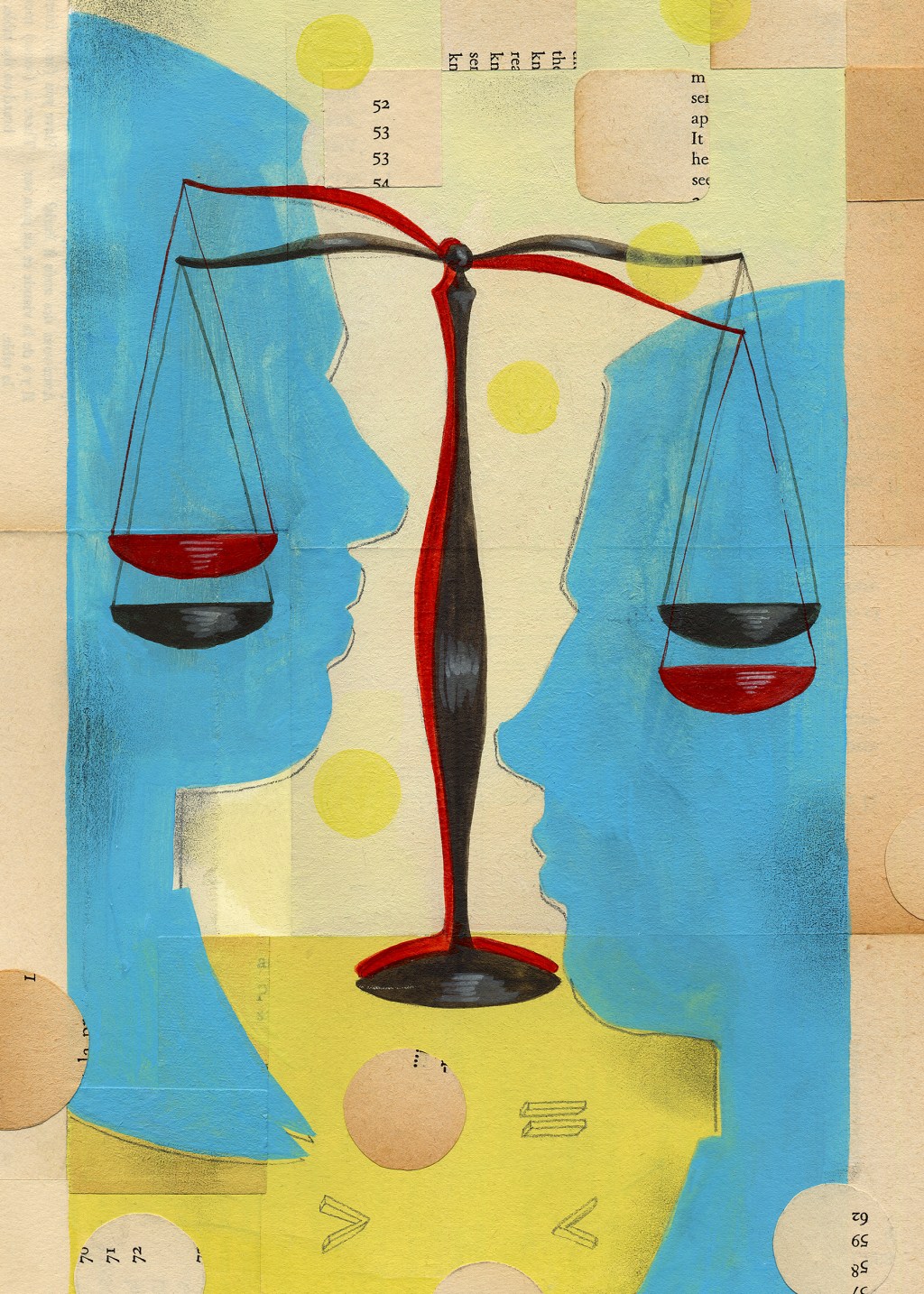
-
Faith in the ballot
How white evangelicals tour the nation’s capital and redeem a Christian America.
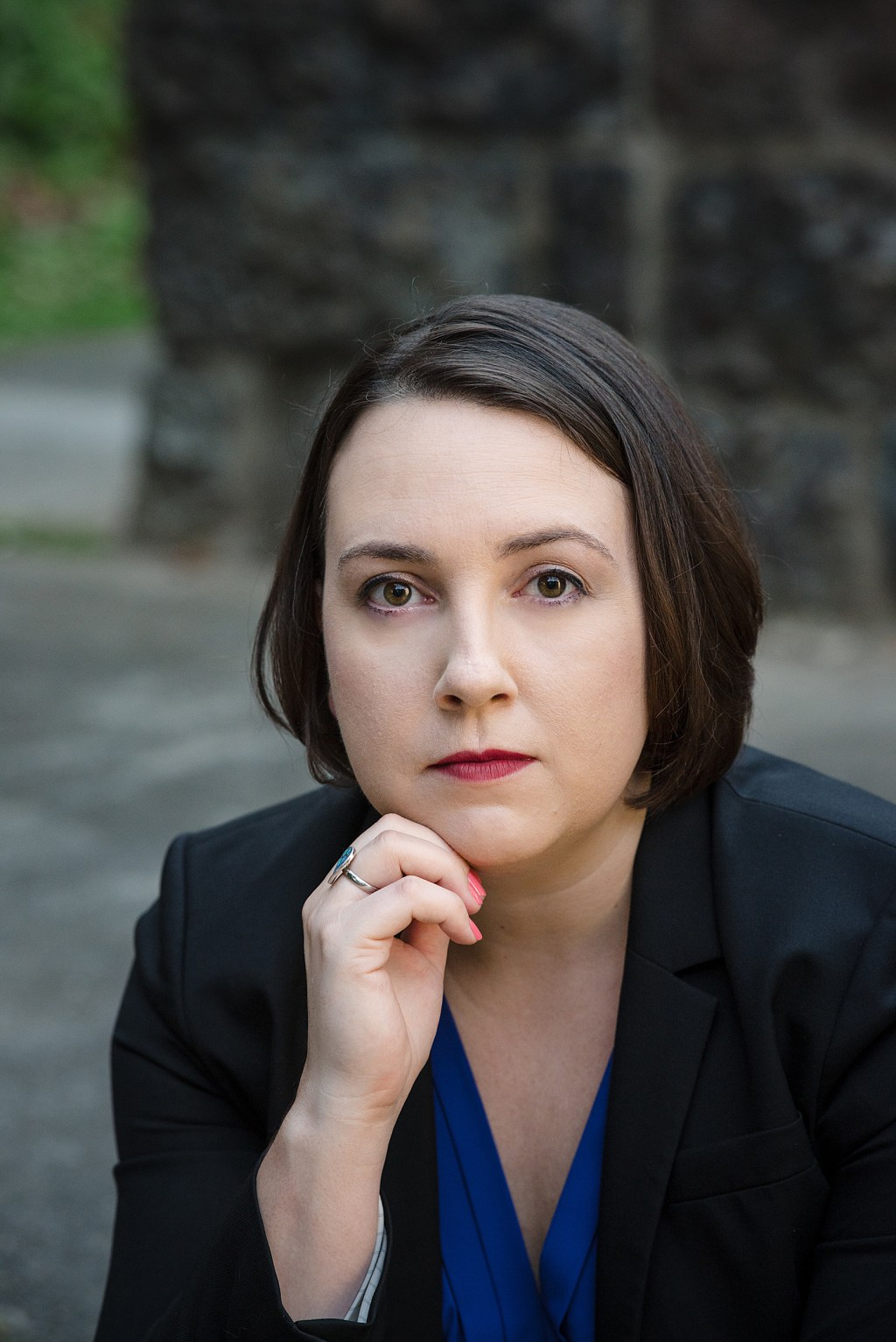
-
Staying covered
Affordable Care Act key to keeping people insured amid COVID 19-related job losses, study shows.
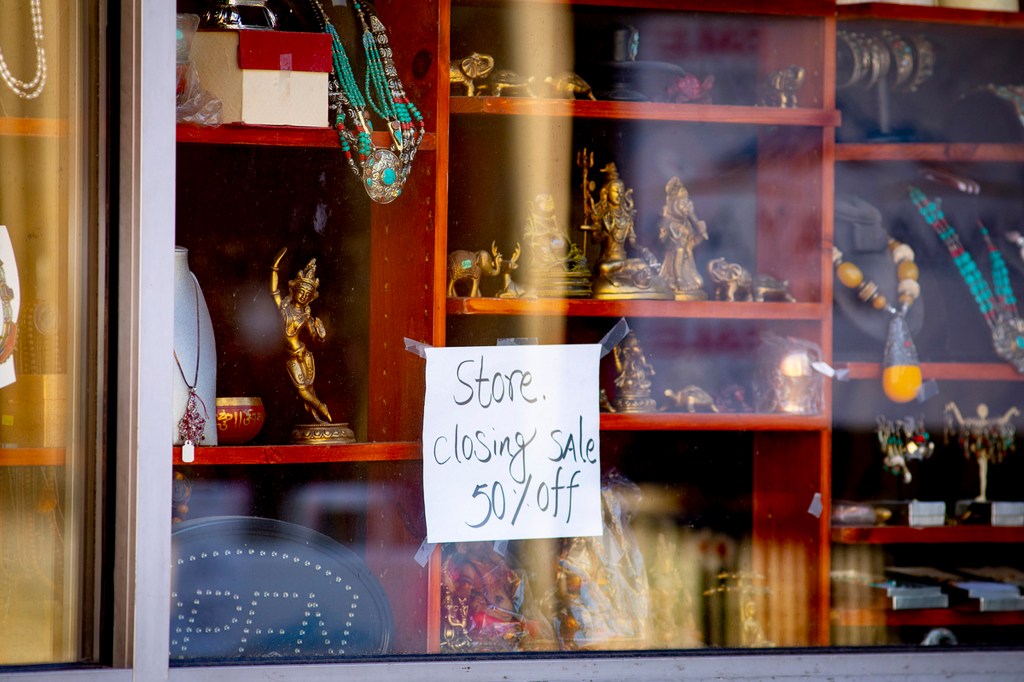
-
How to change an election
As many Americans, including presidential rivals Donald Trump and Joseph R. Biden Jr., worry about potentially corrupt 2020 election results, government Professor Daniel Carpenter games how the rigging might play out.
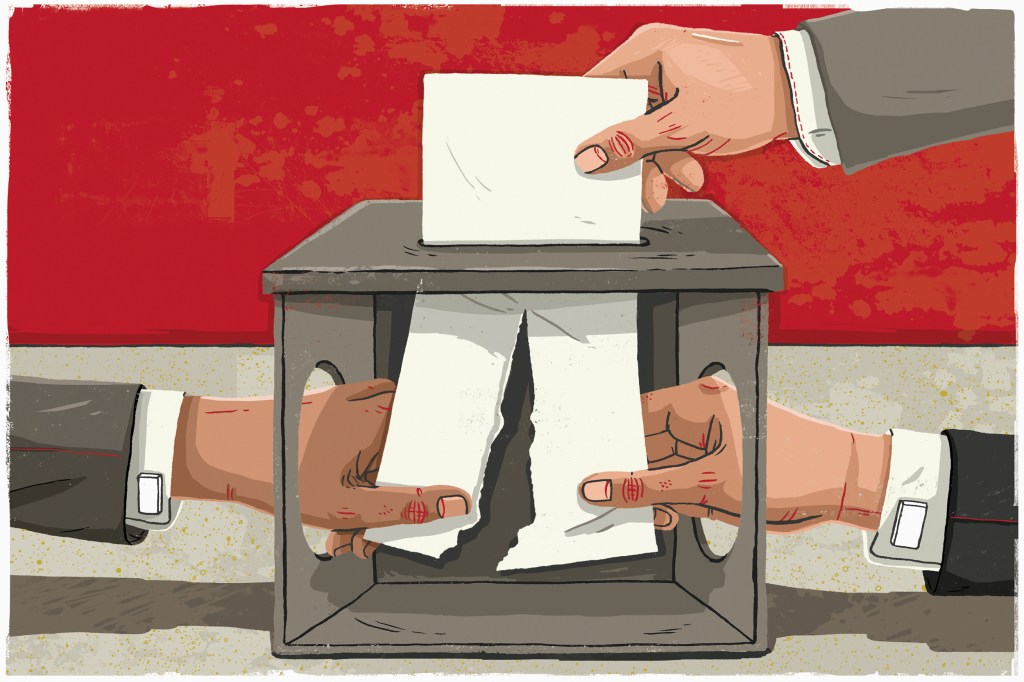
-
Raising Voices
Benny Becker is leading media workshops in Appalachia to help turn the volume up on often-overlooked people and stories.
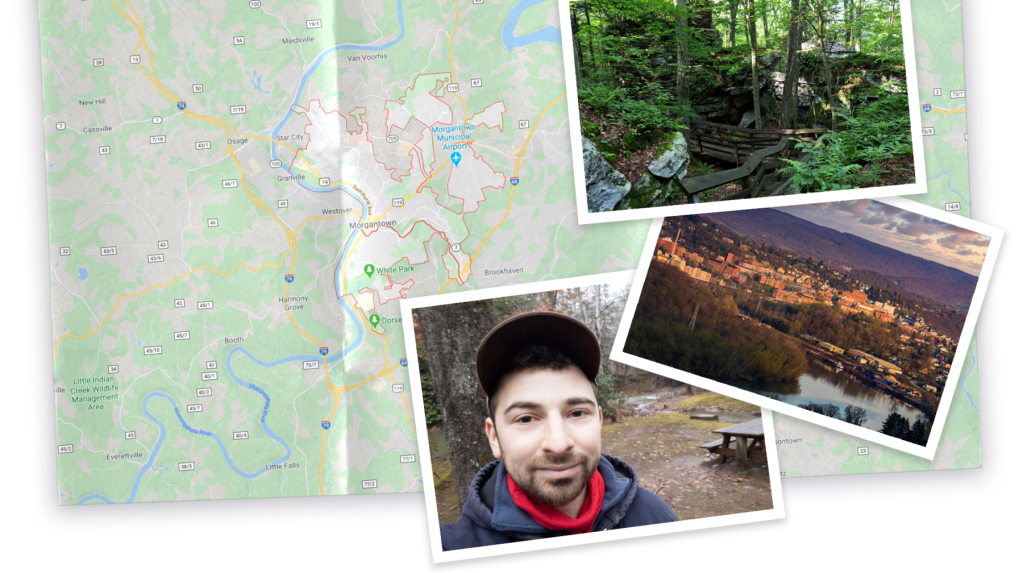
-
Bright and early
Swati Adarkar is working to improve the educational opportunities for all children in Oregon through advocacy and action.
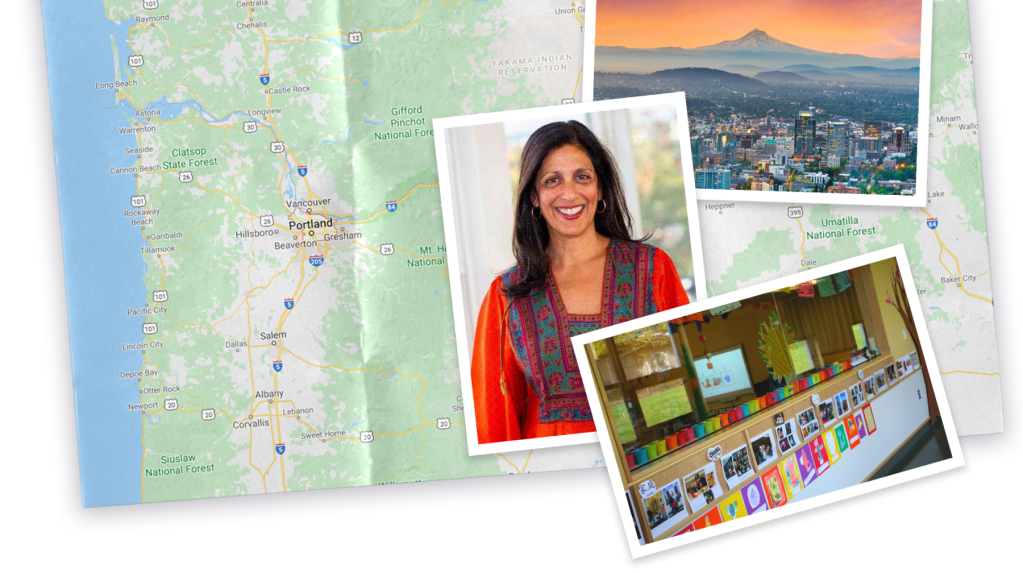
-
Here to learn
Shirley Vargas takes a collaborative approach to bettering K-12 education across Nebraska.
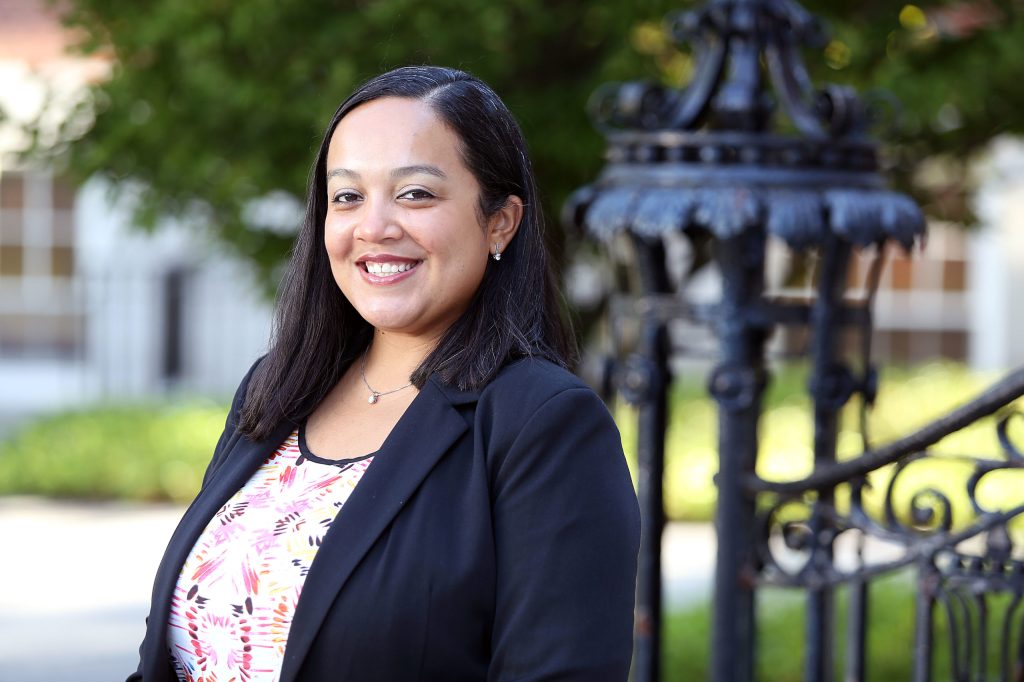
-
Challenge of archiving the #MeToo movement
The Schlesinger Library’s #MeToo archive, which opened to researchers on July 1, captures the tweets, websites, and online articles that powered the movement.
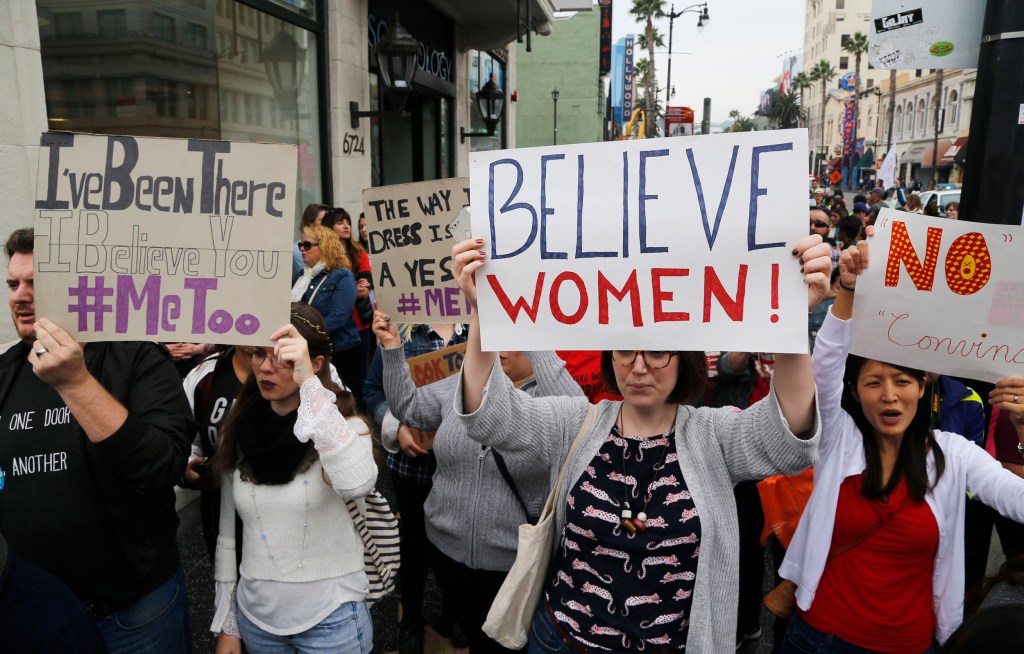
-
The gathering storm
Experts assess the state of the nation amid a pandemic and a national reckoning with race during a talk sponsored by the Hutchins Center for African & African American Research and PBS.
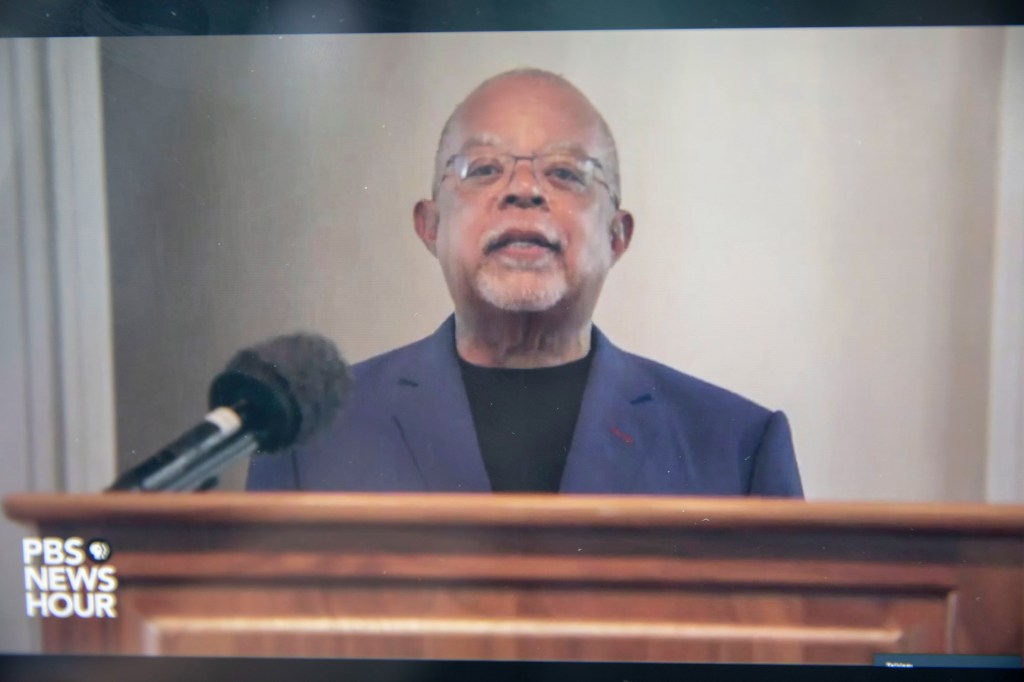
-
Home service
Angie’s List is supporting local organizations in its Indianapolis neighborhood, including homeless shelters, youth programs, and food assistance.
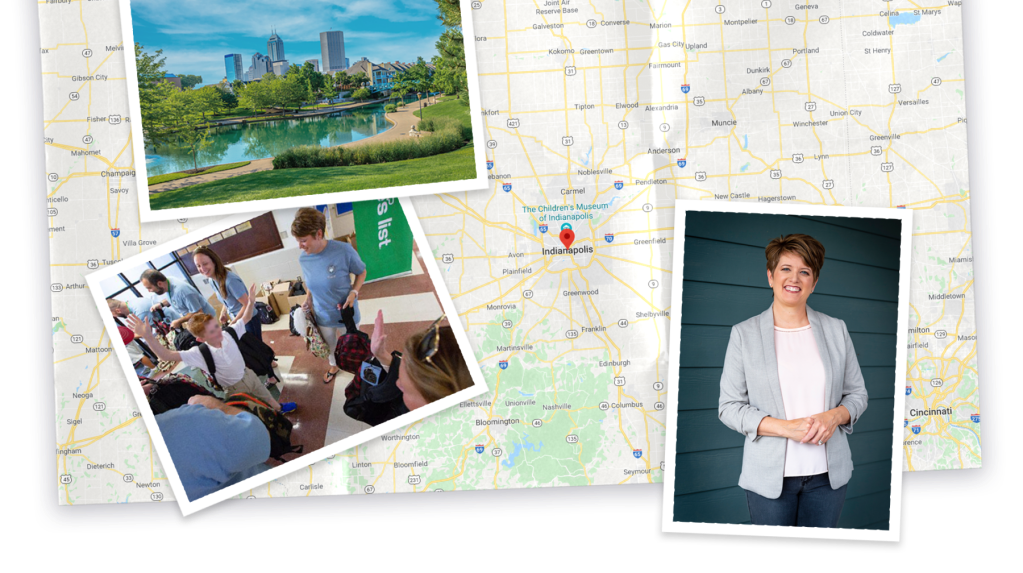
-
Growing returns
Fields of grain are returning to Maine, this time as part of a thriving 21st-century industry.
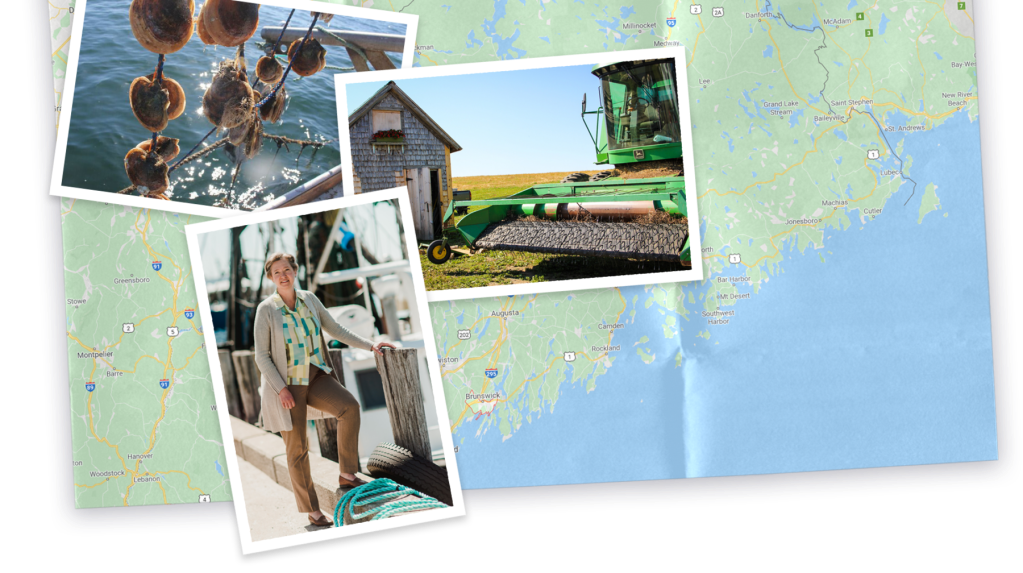
-
Jailing practices appear to fuel coronavirus spread, study says
Quantitative study shows jailing practices in U.S. pose public health risks during the pandemic.
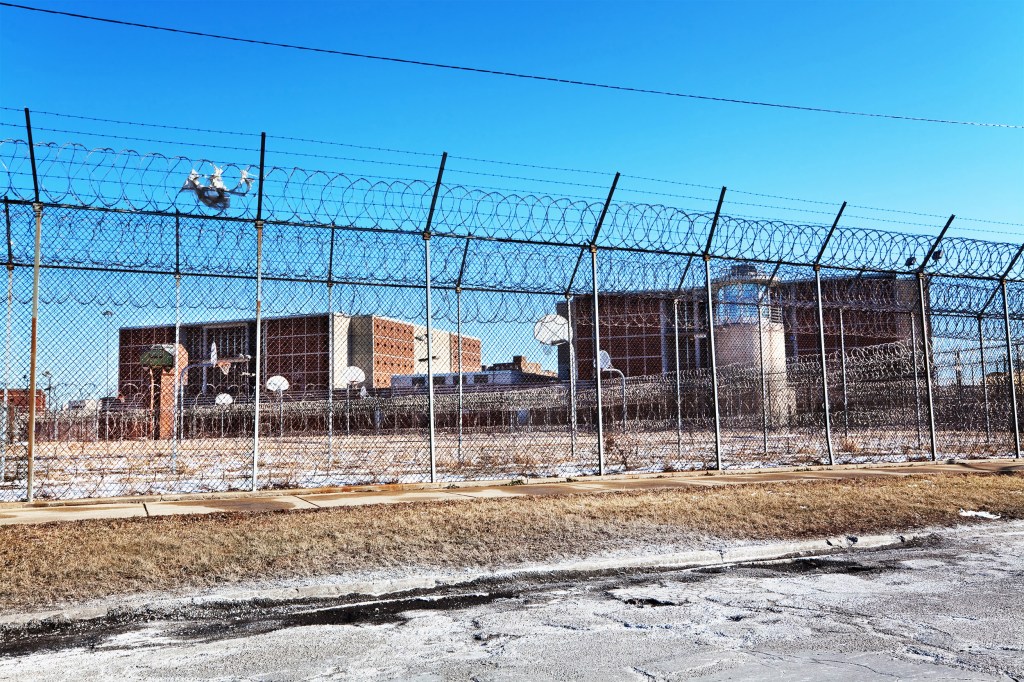
-
The conundrum for international students
In a Q&A session, Vice Provost for International Affairs Mark Elliott discusses the recent struggle with Immigration and Customs Enforcement over allowing students from other countries into the U.S. He also outlines the programs that Harvard has put in place to support international students.
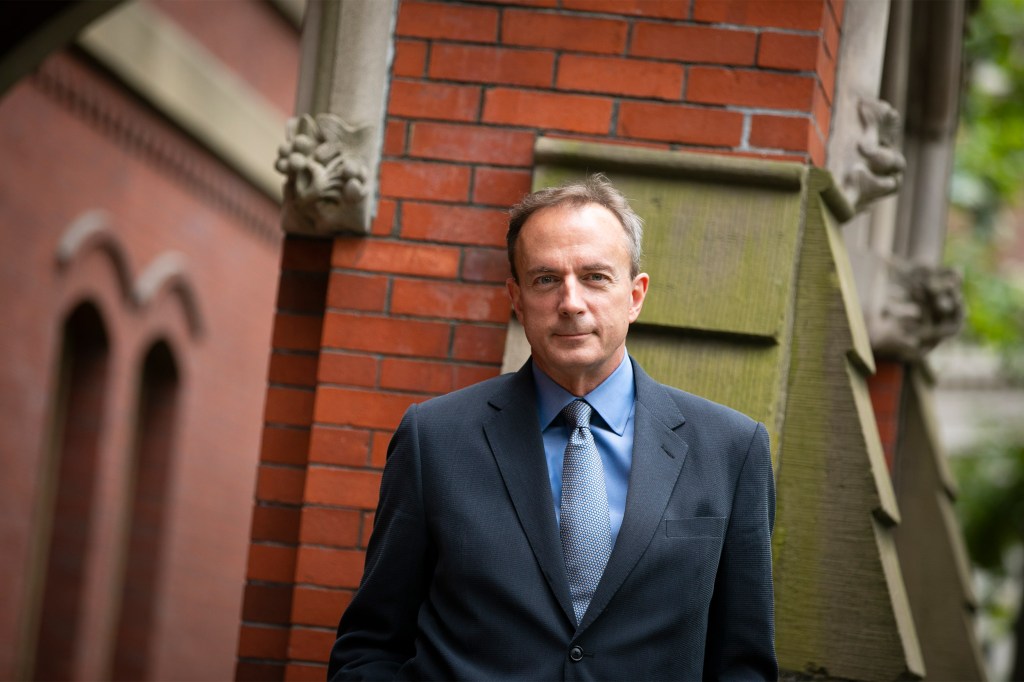
-
The sustainable city
Luke McGowan wants to keep Burlington, Vermont’s tight knit sense of community while exploring an ambitious sustainable business agenda.
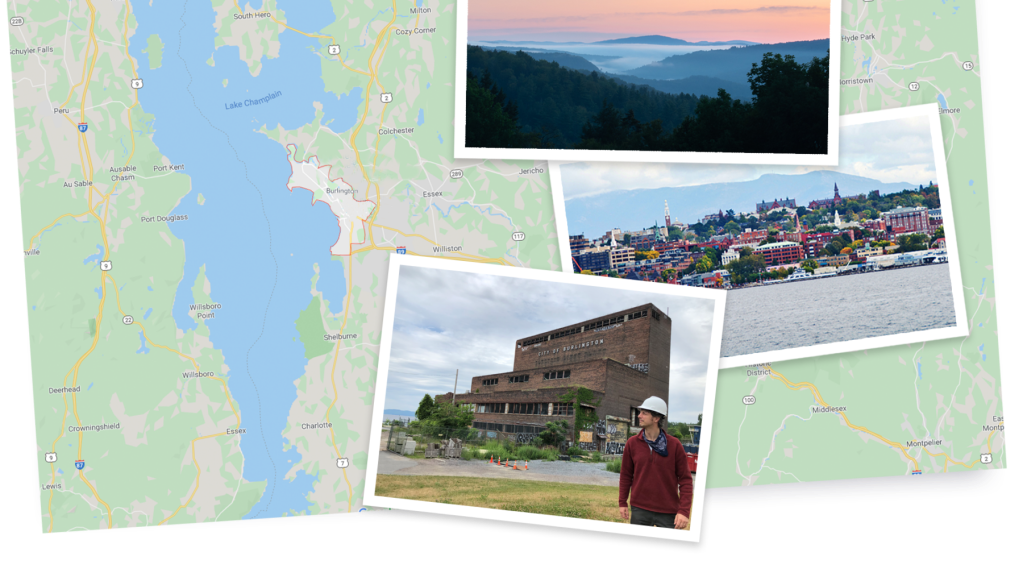
-
Another long-overdue reckoning for America
Against the backdrop of the nation’s reckoning with its historical mistreatment of people of color, the Washington Redskins retired its name and in a recent ruling, the Supreme Court confirmed that nearly half of Oklahoma is Native American land. We ask some members of the Harvard community what these two developments mean to them.
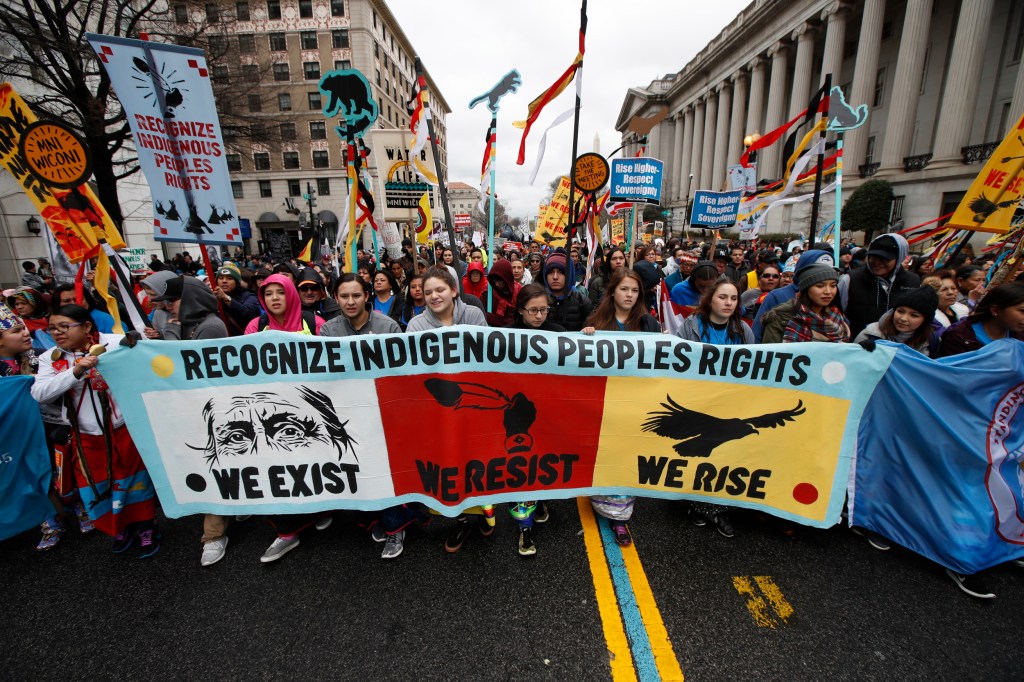
-
Insights into online learning
Pioneering online-learning initiative edX offers guidance and support as colleges sort out fall plans.
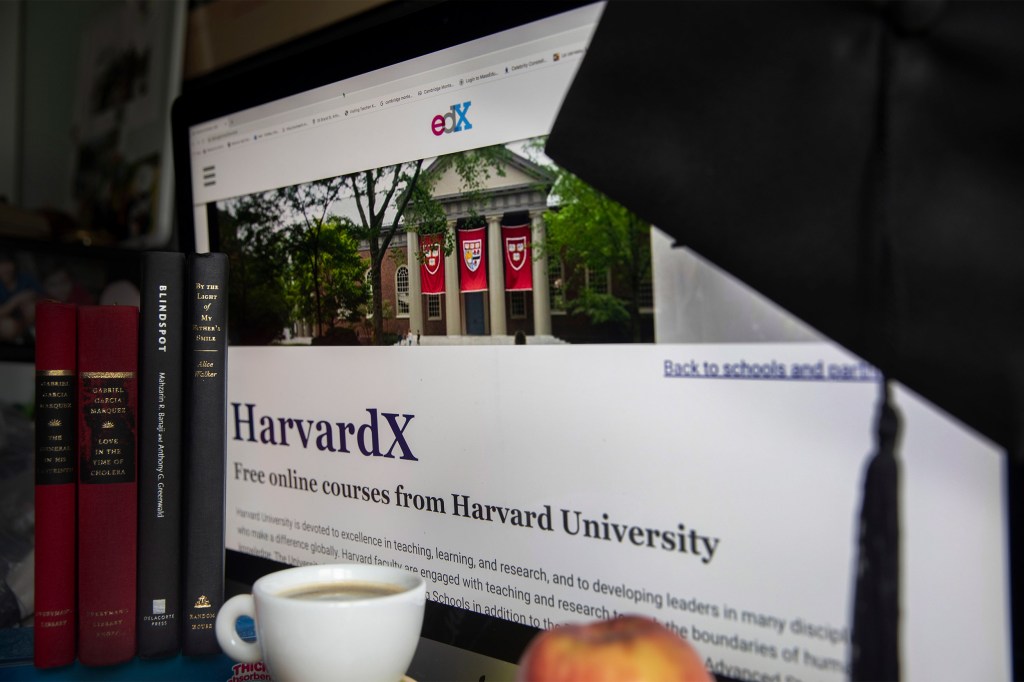
-
The biggest land conservation legislation in a generation
Harvard Kennedy School’s Linda Bilmes analyzes the complicated history and likely impact of the Great American Outdoors Act.
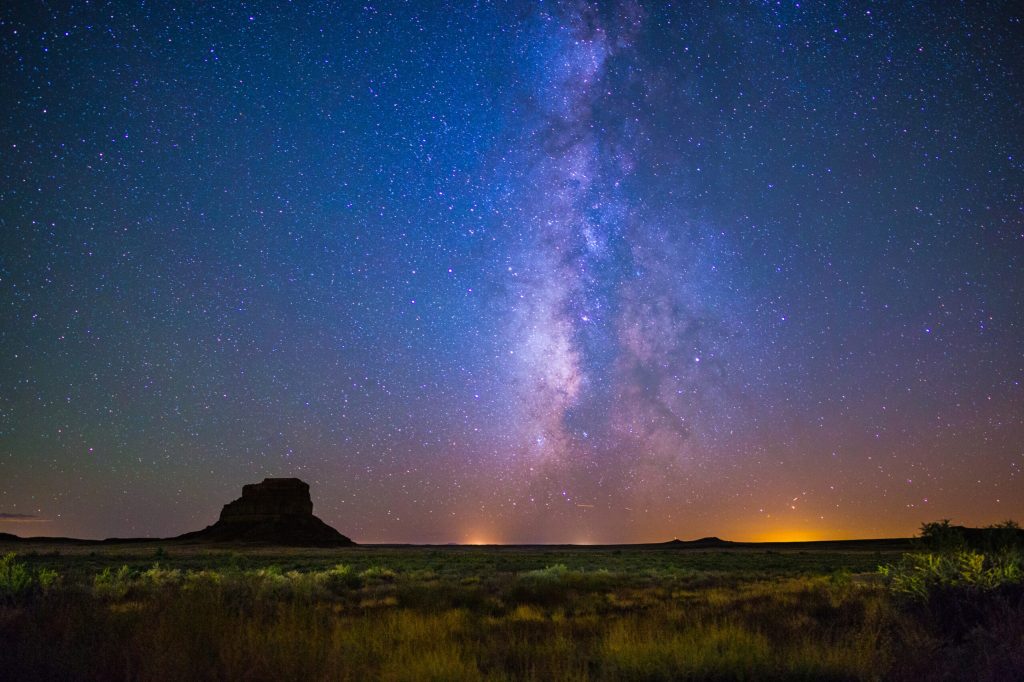
-
Agonizing over school-reopening plans? Think Marie Kondo
A recent report released by researchers from Harvard’s Graduate School of Education and the Massachusetts Institute of Technology outlines how schools grappling with online and in-person teaching options and making up for lost time can think creatively about reopening.
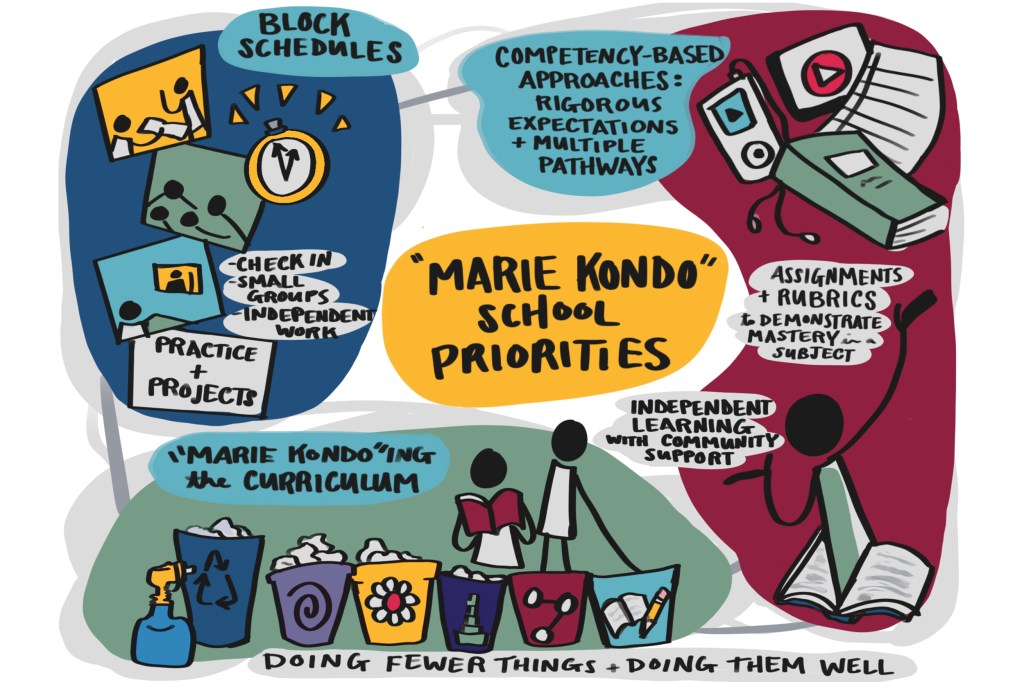
-
The conscience of a nation
Few political leaders who successfully transition from activists to lawmakers do so without losing the fire and focus on the causes that brought them to prominence. But Civil Rights icon and U.S. Rep. John Lewis, who died Friday, was that kind of rare leader.
